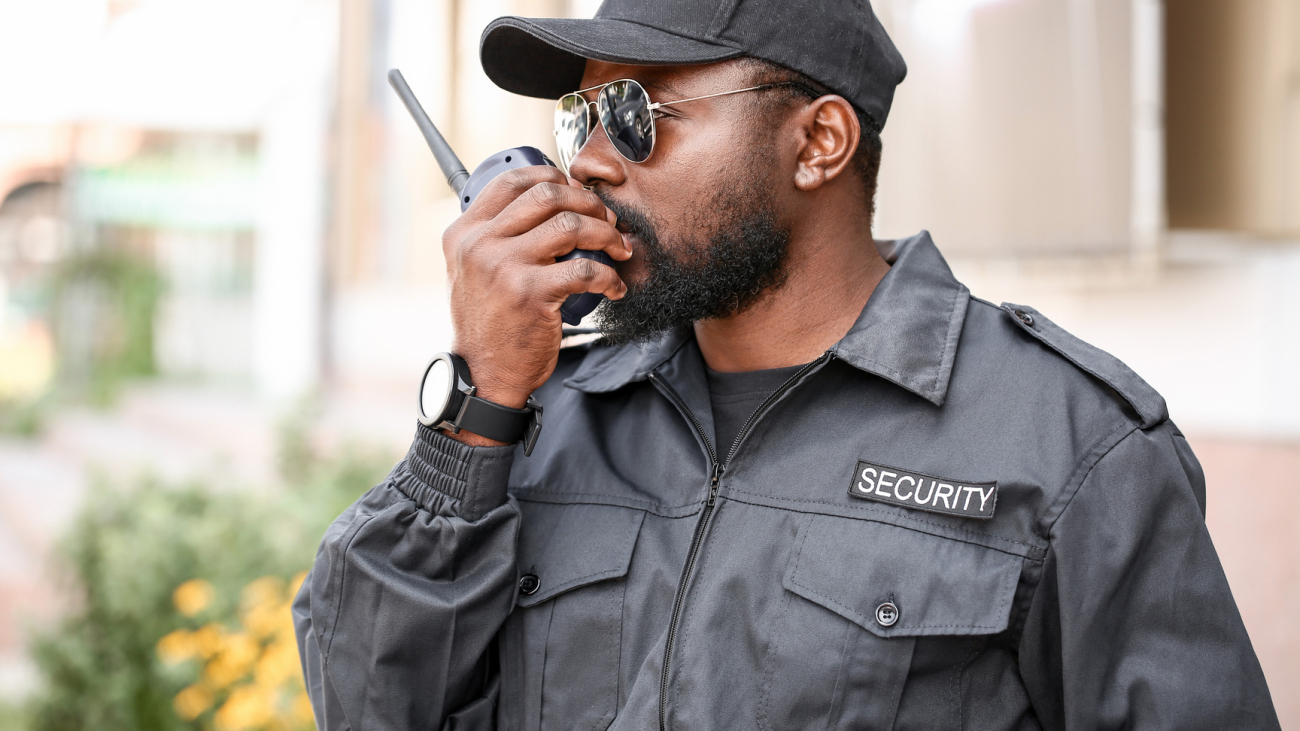Security is a top priority for businesses, institutions, and individuals, driving the strategic decision to hire security guards. Security services are critical in Malaysia for protecting property, assets, and people. When looking for security services, the choice between unarmed and armed security personnel is crucial. This essay will investigate the fundamental differences between these two types of security professionals and detail the appropriate circumstances for engaging armed guards in Malaysia.
Roles and Responsibilities of Unarmed Security Guard
Security officers who are not armed serve as a visual deterrent to potential threats and criminal activity. They are responsible for maintaining a visible presence, supervising surveillance systems, managing access points, and conducting routine patrols. An unarmed security guard will be responsible for the following tasks:
- Deterrence: Unarmed guards deter criminal conduct by just being present and signaling that the property is being watched carefully.
- Access Control: Controlling entry and exit points to guarantee that only invited guests and staff are admitted.
- Surveillance: watching CCTV footage and patrolling the area to look for unusual activity and potential dangers.
- Emergency Response: Trained to deal with crises like fires, medical emergencies, or evacuations, they immediately notify the relevant authorities.
- Customer service: Being the first point of contact for customers and staff, they provide support and information as needed.
Roles and Responsibilities of Armed Security Guards
Armed security officers are authorized to carry weapons in addition to carrying out all of the tasks that unarmed officers must. Their main duty is to defend against greater dangers and act skillfully in circumstances when violence could develop. Armed security officers’ responsibilities include:
- Increased Deterrence: Possessing a firearm increases one’s ability to fend off criminals and potential attackers who are armed.
- Immediate Reaction: Armed security personnel can react swiftly to armed intrusions or violent threats, neutralizing the situation before law enforcement gets there.
- Asset Protection: To safeguard valuable assets, such as banks, jewelry shops, or sensitive government facilities, armed guards are frequently stationed.
- Advanced Training: Armed security officers receive in-depth instruction in handling firearms, self-defense strategies, and conflict resolution.
- Crisis management: Prepared to deal with urgent crises, they guarantee the security and well-being of all present.
Licensing and Training Requirements
Both armed and unarmed security guards in Malaysia must go through proper training and licensure. Nonetheless, there are substantial differences in the two categories’ training requirements:
- Unarmed security guards: The fundamental security practices, observational skills, customer service, emergency response, and legal facets of the job are often included in training for unarmed guards. They are not permitted to carry weapons, so no firearms education is provided.
- Armed security officers: Prospective armed officers must complete further specific training in gun handling, marksmanship, self-defense techniques, and crisis management. In order to legally carry firearms, they must also secure the required permits and licenses.
Appropriate Employment of Unarmed Security Guard
Security officers without weapons are acceptable for a variety of low- to medium-risk settings when their mere presence might serve as a deterrent. A few situations when using unarmed guards may be necessary include:
- Retail establishments: Unarmed guards can assist in reducing shoplifting, safeguarding patrons and staff, and responding to small disturbances.
- Office buildings: Providing access control and upholding a secure working environment for both employees and visitors.
- Residential Communities: Controlling access to the property and ensuring the security and safety of residents.
- Events and Conferences: Keeping the crowd under control, directing guests, and ensuring a seamless event flow.
- Educational Institutions: Keeping an eye on the campus, especially during school hours, and protecting the staff and students.
Appropriate Employment of Armed Security Guards
Armed security personnel are normally only employed in high-risk situations or places where there is a strong risk of armed intruders. A few scenarios when hiring armed guards may be necessary include:
- Financial Institutions: Banks, cash-in-transit operations, and ATMs, where the risk of armed robbery is higher.
- Government Installations: Protecting vital government buildings that could become targets of attacks.
- Valuable Cargo Transportation: Protecting high-value cargo during transportation, especially for jewelry or precious metals.
- VIP Protection: Defending prominent people who could be the target of deliberate attacks.
- Industrial Sites: Protecting locations with critical equipment or infrastructure where there is a high risk of theft or sabotage.
Conclusion
The choice of whether to hire armed or unarmed security guard in Malaysia depends on the particular security requirements and risk profile of the locations or people that need to be protected. Armed guards are only used in high-risk situations where there is a strong risk of armed threats because they provide a visual deterrent and are best suited for low to medium-risk areas. In order to secure the safety and well-being of everyone involved, it is crucial to work with trustworthy security service providers who adhere to all legal and regulatory regulations.

